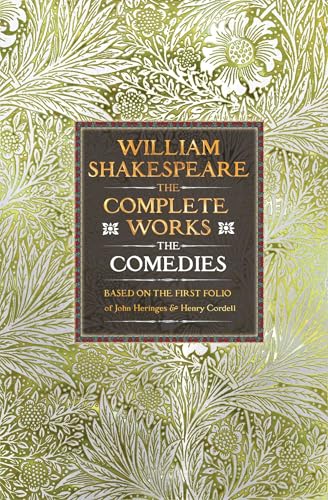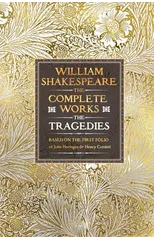'A supreme theatrical poem that has a language that eats into the soul' Michael Billington, Guardian Shakeapeare's blood-soaked drama of murder, madness and the uncanny begins as Macbeth is promised a golden future as ruler of Scotland by supernatural forces. Spurred on by his wife, he murders the king to ensure his ambitions come true. But he soon learns the meaning of terror - killing once, he must kill again and again, while the dead return to haunt him. Macbeth is an anatomy of fear and a bleak portrayal of what some will do to achieve their desires. General Introduction by STANLEY WELLS Edited by GEORGE HUNTER Introduction by CAROL CHILLINGTON RUTTER
William Shakespeare
William Shakespeare was an English playwright, poet, and actor, widely regarded as one of the greatest writers in the English language. He is known for his numerous plays and sonnets, which have had a profound impact on literature and theater. Some of his most notable works include "Romeo and Juliet," "Hamlet," "Macbeth," and "Othello." Shakespeare's writing is characterized by his use of intricate language, complex characters, and universal themes such as love, jealousy, power, and ambition. His works have been translated into every major language and are performed around the world to this day. Shakespeare's influence on literature, drama, and the English language is immeasurable, and his legacy continues to endure centuries after his death. His most famous work is arguably "Romeo and Juliet," a tragic love story that has become a timeless classic.





